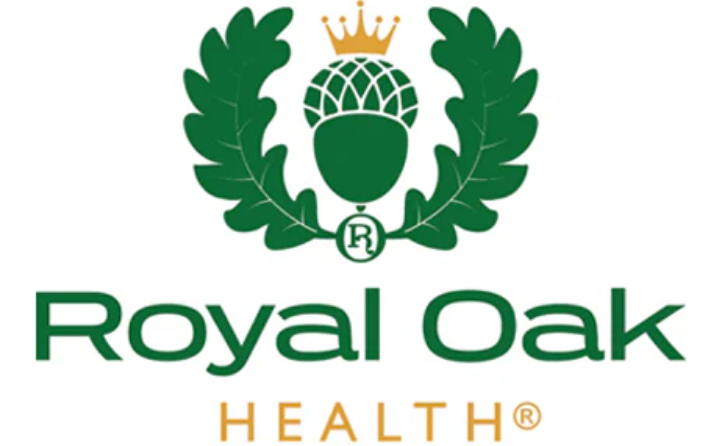While vaccinations and good hygiene are vital for protecting yourself against seasonal illnesses, health supplements also play a key role in building a comprehensive strategy to enhance your resilience. By incorporating supplements into your routine, you can bolster your defenses against the wave of illnesses that often accompany colder months.
The Role of Nutrition in Immunity
A well-functioning immune system is your body’s first line of defense against infections, and nutrition plays a pivotal role in maintaining its health. However, many people struggle to get sufficient nutrients through diet alone, particularly in winter, when fresh produce may be less available, and sedentary lifestyles are more common.
Key nutrients that support immune health include:
Vitamin D: Known as the "sunshine vitamin," it is essential for immune function. With shorter days and limited sunlight during the UK winter, supplementation becomes crucial.
Vitamin C: An antioxidant that protects cells and supports the production of infection-fighting white blood cells.
Zinc: Critical for immune cell development and inflammatory response, zinc can help prevent and reduce the duration of respiratory tract infections. It also promotes faster wound healing.
Omega-3 Fatty Acids: These help regulate the immune system and reduce inflammation.
Selenium: A powerful antioxidant that prevents diseases caused by oxidative stress, reduces inflammation, and supports both immunity and heart health.
Why Supplements Matter
Even with a balanced diet, achieving optimal levels of these nutrients can be challenging. Factors such as modern farming practices, food processing, and individual dietary restrictions often lead to nutrient gaps. Supplements offer a practical solution, particularly for those at higher risk, such as the elderly, individuals with chronic illnesses, and those with limited sun exposure.
By combining a nutritious diet, supplements, and healthy habits, you can build a strong foundation to protect yourself against seasonal illnesses.




